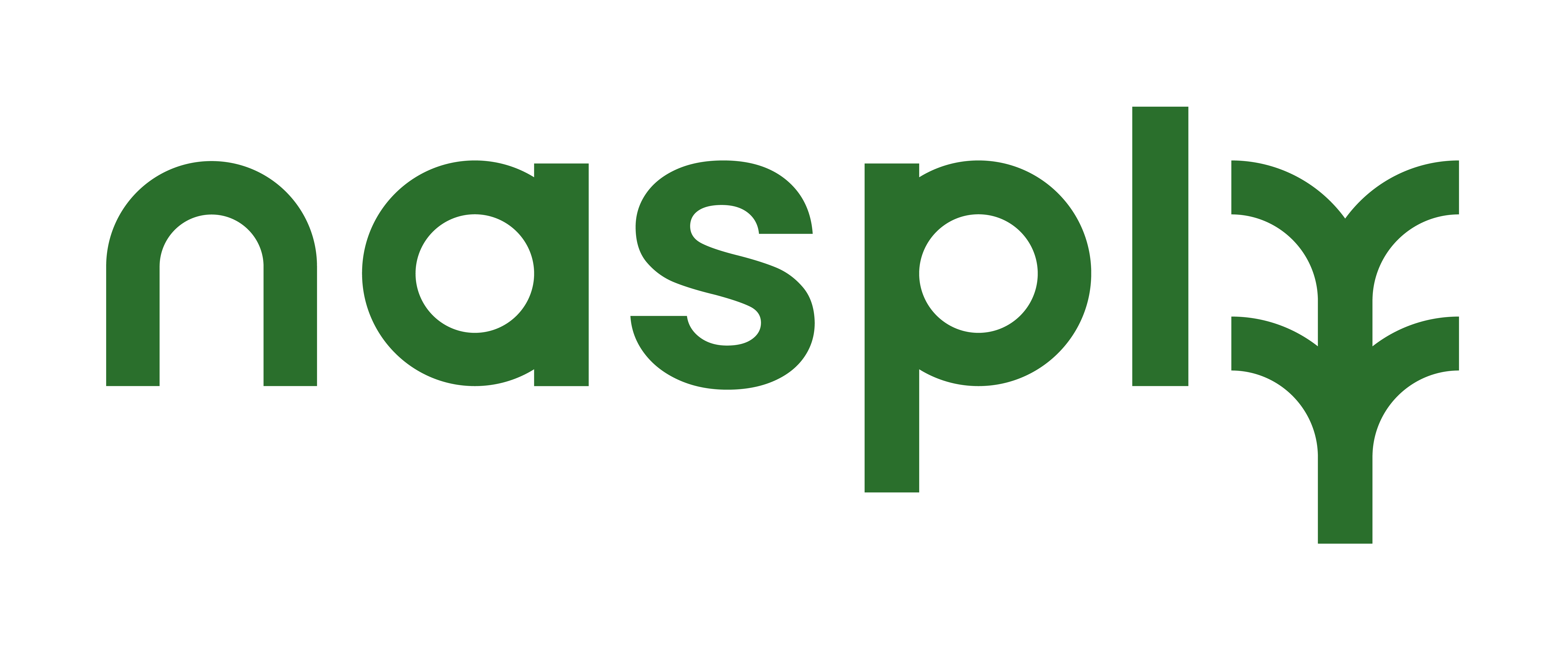Most of us understand by now that our way of life has to change drastically, since we are faced with a range of challenges that threaten our very existence. Yet, it is easy to become disheartened, depressed, and, as a result, passive, at a time when we should be acting with the most determination. Permaculture principles allow us to create a culture that can not only survive, but thrive for generations to come. The twelve principles of permaculture can serve as an inspiration for young people to have more tools and skills in their daily lives. These principles remain at the abstract level, unless they are explained through practical examples and inspiring case studies. The best method for understanding and internalizing new ideas and concepts for children and youth is by seeing others implementing or living according to them, or even better by practicing them.
Often, these principles are just listed at the beginning of a Permaculture publication or briefly mentioned at the start of a Permaculture-related course. But these are the foundations of a new building we are teaching others to construct, and we all know they are called foundations for a good reason. Without a strong base, whatever we intend to build may easily collapse. So, much more emphasis is needed on their understanding and internalization.
These principles are based on the observation of natural systems. They not only serve as a tool for us to understand how things work in nature, but as a guide for choosing and developing the right strategies, methods, or techniques in our designs.
Importantly, they go much beyond helping us to do a proper Permaculture design of a garden, farm, or a terrace – they serve as lamp posts in other fields of life, including relationships or starting a new business or project.
They give us pointers towards living a slower and more sustainable life. Since each principle can be interpreted broadly, they can provide a backbone for teaching the new generation.
We are excited to inform you about an additional opportunity available to you upon course completion – YouthPass certification.
The YouthPass certification is a valuable credential that can enhance your professional profile and make your skills and qualifications recognized and transparent throughout Europe.
To request your YouthPass certification for this course, please follow these steps:
- Complete all the required coursework in modules 1,2, & 3, and final assessments for the course.
- Ensure that your personal information in your course profile is accurate and up-to-date.
- Contact one of the project partners in your country of residence and request your YouthPass certification. Please include your full name and course details in the email.
Our certification team will guide you through the process and provide you with the necessary documentation to complete your YouthPass profile.

If you have any questions or need assistance with the certification process, please don’t hesitate to reach out to our team.
Thank you for choosing our course, and we wish you every success in your learning journey.

